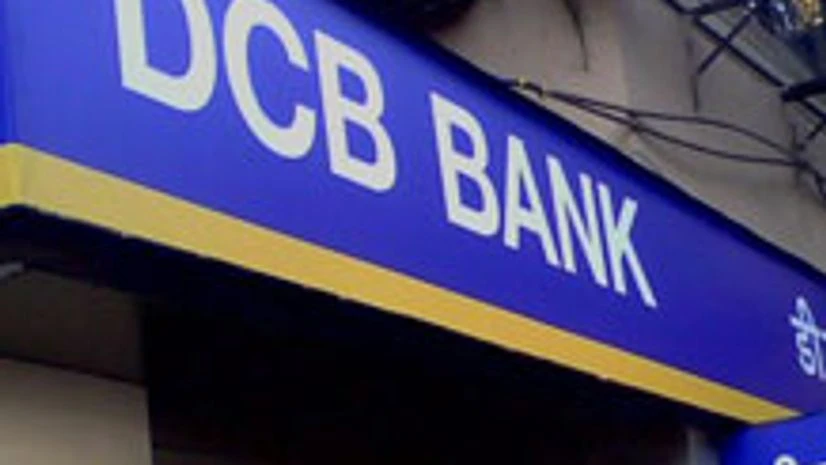DCB Bank, a new-generation private-sector bank, has set its eyes on Punjab and will tap towns with industrial clusters. Predominantly an agricultural state, Punjab has close to 250,000 micro, small and medium-sized enterprises (MSMEs) and, despite a slowdown in overall economic growth, they are doing better than their peers located in other parts of the country.
Praveen Kutty, Head-Retail and SME Banking, DCB Bank, said that MSME customers would be a key focus area, as the bank plans to open 25 new branches in the next three years. "We have eight branches in the state out of a total network of 154 branches across India, and Punjab ranks number six in terms of the bank's business from different states."
Punjab is ahead of other states in repayment, he added. The state's hosiery, ginning, textile, sports goods, cycle parts and forging units are performing at above-average levels despite the gloomy economic outlook, and dairying is coming up aggressively to offset the shrinking margins in agriculture.
More From This Section
Small players and self-employed customers cannot afford to hire financial experts, as their volume of business does not allow them to spend on financial advice, so the bank provides them with flexibility in restructuring advances with customised consultations, Kutty said.
Despite a rapid expansion of public-sector and private-sector banks in the past few years, there is room for small private banks to serve entrepreneurs who do not meet the norms laid down by large banks, Kutty said. A combination of personalised attention and technology has helped DCB Bank to nearly double its branch network to 154, from 80 three years back.
With the aggressive branding of Indian products under the 'Make in India' campaign by the central government, Indian manufacturers have started getting recognition in the global market. This is therefore the right time for the bank to spread its wings in a state whose inhabitants are known for their hard work and risk-taking ability, Kutty said.
DCB Bank came into existence in the 1930s but embarked on expansion only from 2009 on. It is promoted by the Aga Khan Fund for Economic Development and Platinum Jubilee Investments Limited.

)
